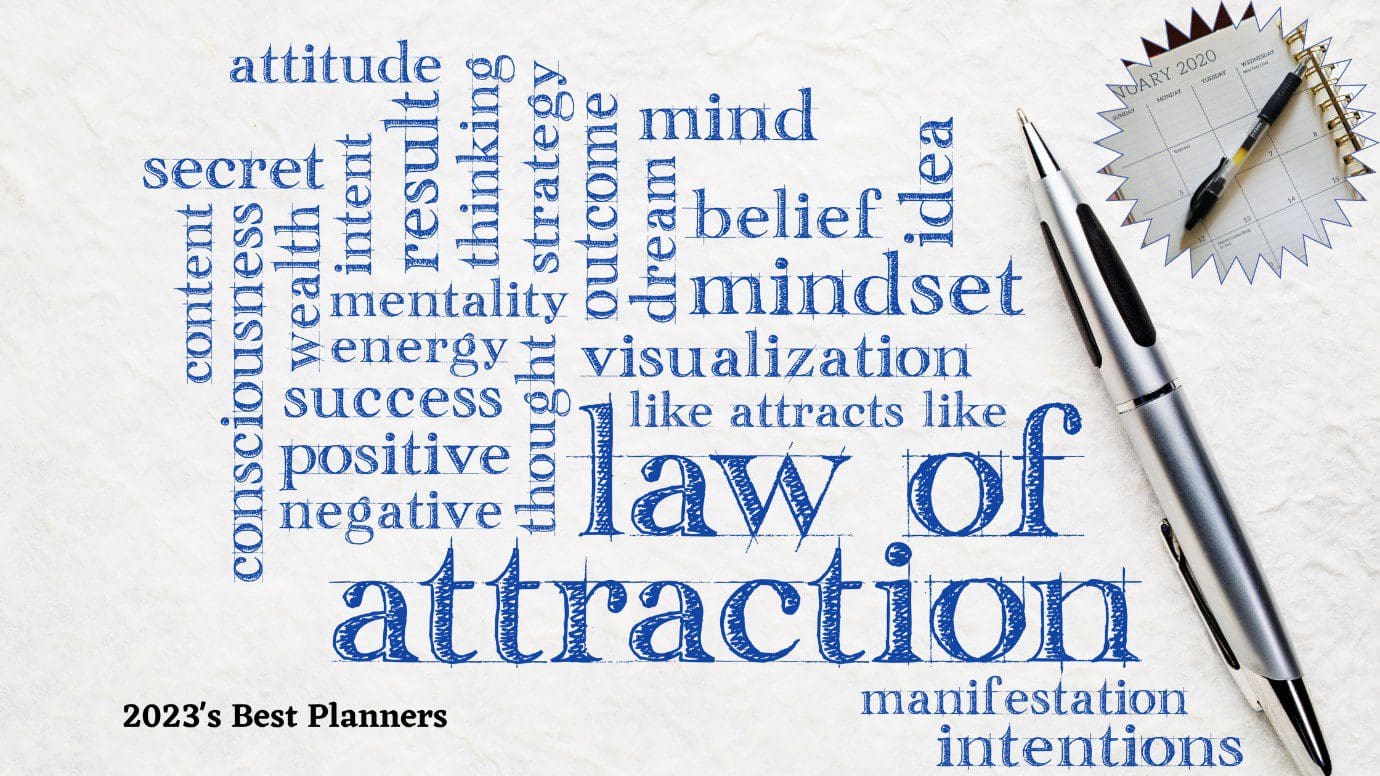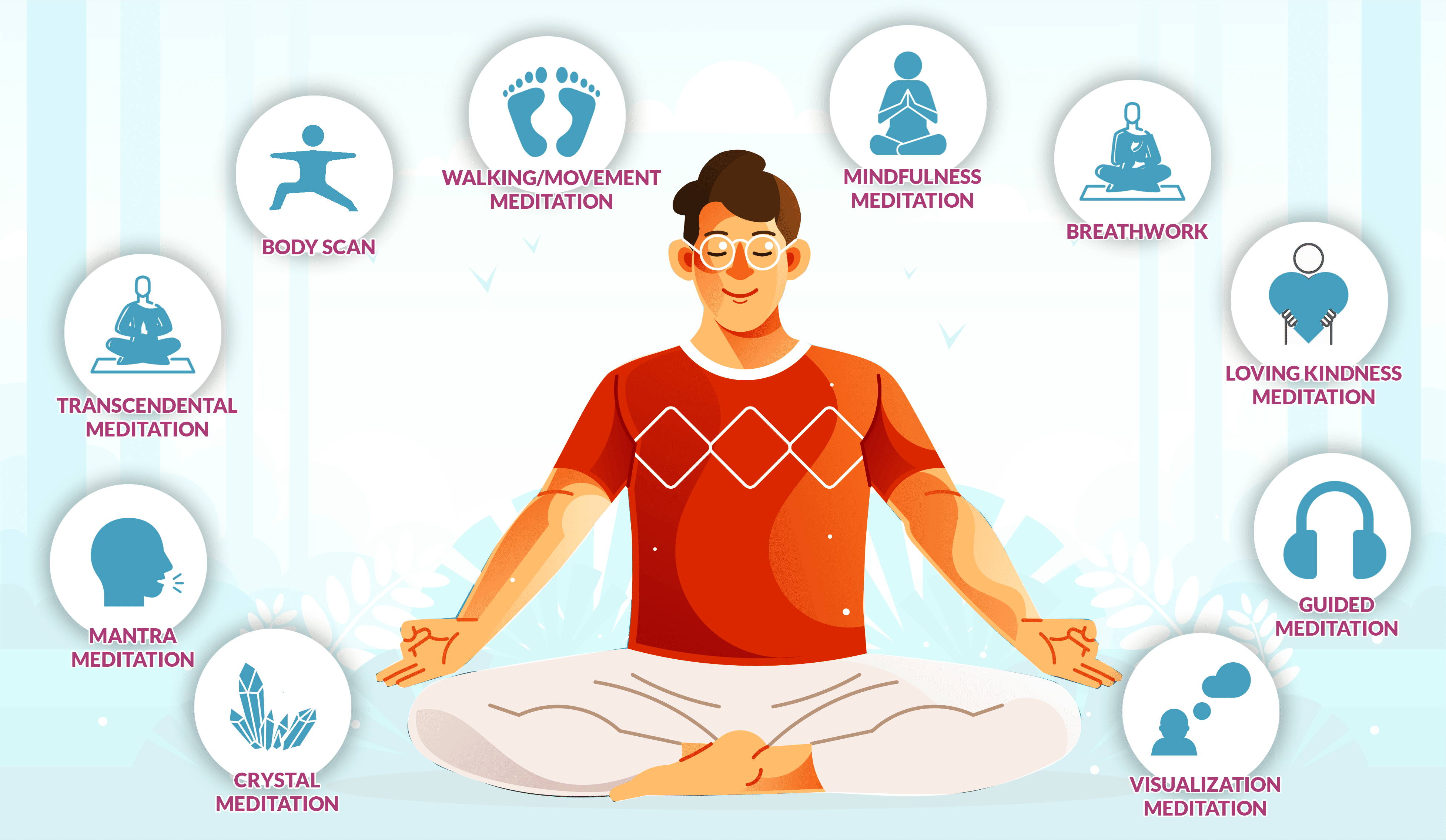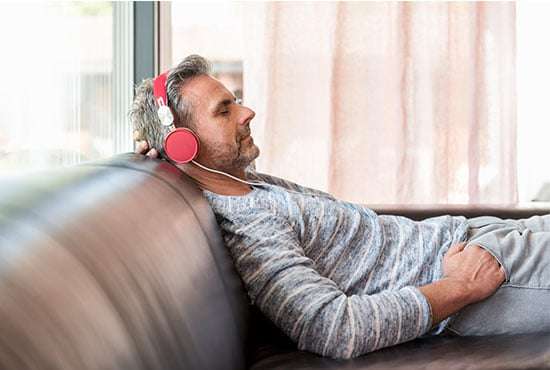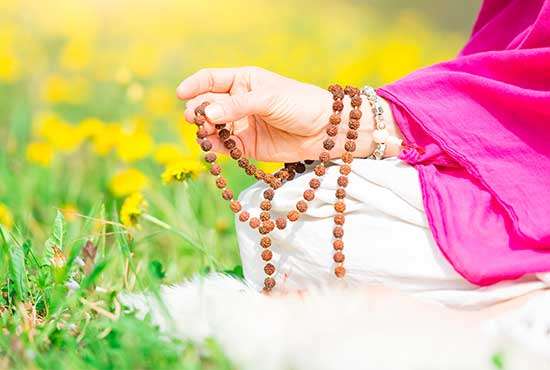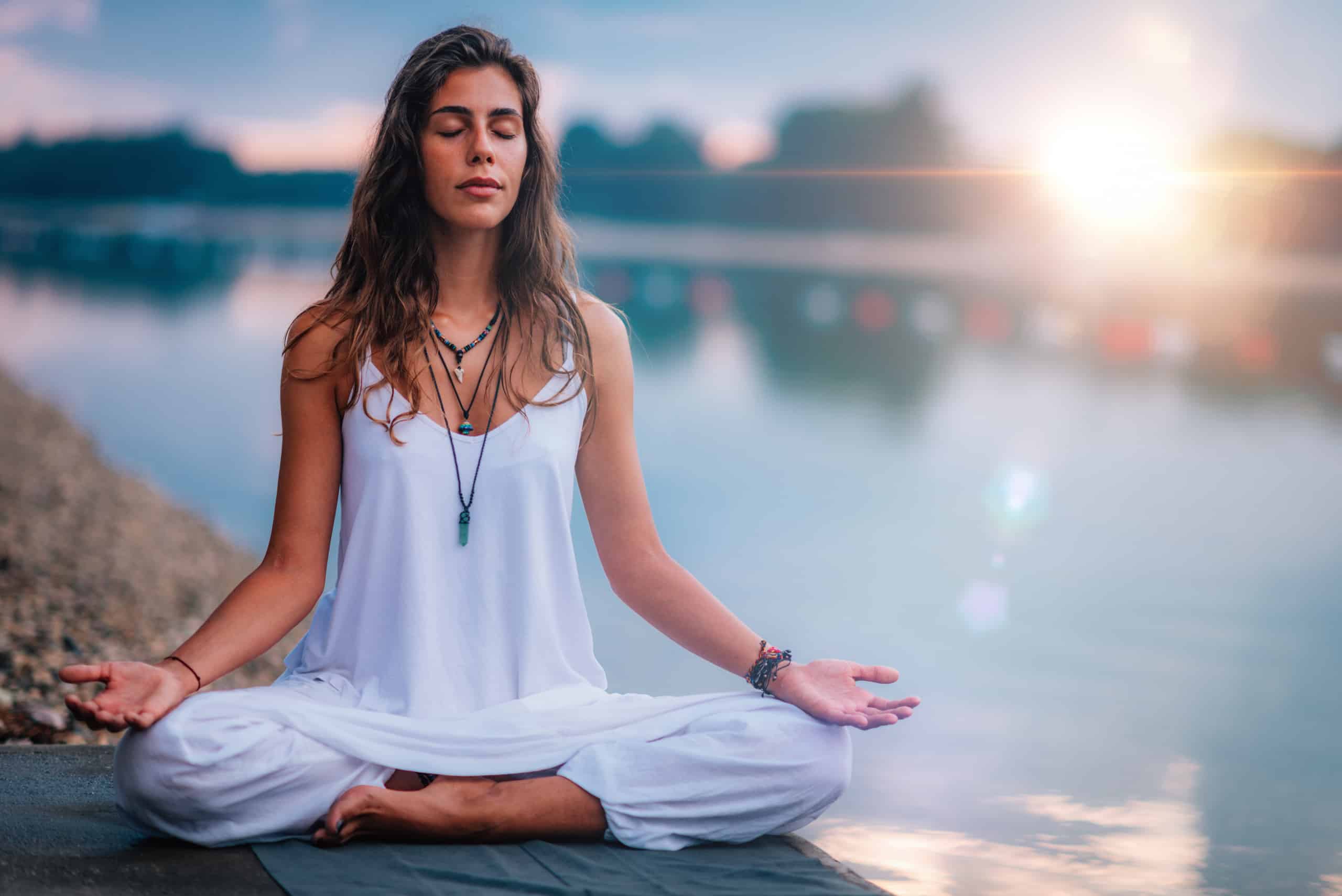
Mindfulness meditation has a long history in the health and wellbeing sector. Recently, it has become the focus of attention in other areas of industry, too.
Every day, more businesses add it to their workdays.
They are doing this under a wealth of information that further proves the usefulness of “stopping to smell the roses”.
As mindfulness meditation grows in importance for everyone from the US army to the top brass in business, we thought it time to explore it for ourselves.
Let’s start with the basics… What is it and how do we try it for ourselves?
What is Mindfulness Meditation?
Mindfulness meditation is the process of meditating to focus on the moment, when performed consistently, it helps improve overall health.
By consciously observing our current thoughts, breathing, and by our emotional state, we have better control of our stress levels, leading to pain management and mental stability.
Is Mindfulness a Form of Meditation?

Technically, meditation is a form of mindfulness, rather than the opposite.
There are many ways to practice mindfulness and meditation is one of them.
Meditation is the practice of clearing your mind completely.
Mindfulness on the other hand is the practise of developing your awareness of your own conscious state.
Mindfulness is the practise of staying ‘present’ in our day-to-day lives.
The modern world is electronic, hectic, and often overwhelming.
By practising mindfulness, we keep our thoughts in the here and now.
Being free of past and future worries, allows us to alleviate stresses associated with modern life.
While mindfulness focuses on awareness of the present, meditation focuses on complete mental clarity.
It has its roots in Buddhist India, where the first statues carved in the meditative stance (cross legged, eyes half closed, hands in a prayer position) were created.
The practice dates to 5,000 BC.
You could round up the difference between the two states efficiently in one statement.
Meditation is a practise while mindfulness is a state of mind.
We already studied how altered states of consciousness can help us better with the Law of Attraction.
Both states, therefore, help us to enhance our lives.
So, is mindfulness meditation? Yes, but it is other things as well.
What is the difference between mindfulness and meditation?
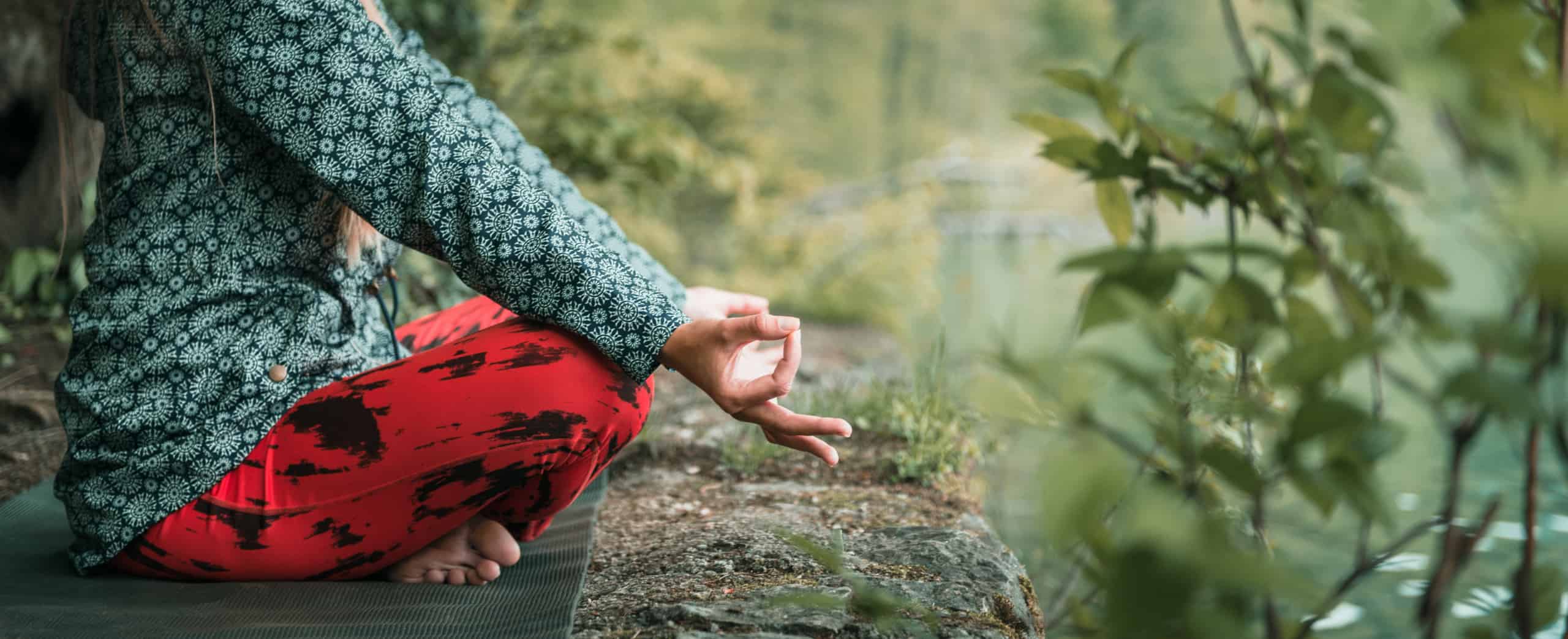
The key differences between mindfulness and meditation lie in the goals.
With one, you want to achieve a focus on the present and your presence within it.
With the other, you are trying to clear your mind of all thought.
The differences go even farther.
Meditation is performed in a specific stance, where your mind and body can both relax.
Mindfulness, on the other hand, is a mental state achieved through our awareness of ourselves and the moment we are in.
Other differences between mindfulness and meditation include the time it takes to prepare yourself.
Mindfulness can be achieved any number of ways.
Meditation cannot.
It takes time to get into the trance state necessary for successful meditations.
Meditation is closer to hypnosis, while mindfulness is closer to self-awareness.
Although the two are similar, there are huge differences between meditation and mindfulness.
When used in conjunction with one another, however, we start to see boosted effects of both.
Ways you can Perform Mindfulness without Meditation
There are many ways you can be mindful without meditation, during your day-to-day life.
Here are a few examples:
- While driving your car, focus on the journey instead of the destination. Notice the wind, the weather, the feel of air conditioning and the rolling of the wheels.
- While dusting, notice the play of the dust in beams of light. Buy yourself a polish you really love the smell of, feel the softness of the cloth in your hand.
- While walking, stop to admire the view here and there. Take pictures. Take a bag and bring home some rubbish. Be mindful by leaving the view just as nice for the next person. Notice the sound of your footsteps and the brush of the wind past your ears.
- At work, enjoy the tapping of your fingers on the keyboard keys. Focus on the craft and skill of your position. Lay bricks with care and attention, put love and pride into all that you do.
Mindfulness is about focusing on the moment. You can do this wherever you are, whenever you like.
How do I start mindfulness meditation?

There are lots of ways you can try mindfulness meditation for yourself.
There are many online resources that can make your mindfulness meditation guided, which might suit you better until you master it.
Music, apps, and determination are what is needed for a successful mindfulness meditation.
YouTube is one of the best resources for this, since it has many videos on the subject.
You can perform mindfulness meditation anywhere you like and don’t always need to be in a meditative position to do so.
However, if you feel you need the support of a good meditation space, we have a previous article here that may help.
We have added some mindfulness meditation, guided and otherwise, in the following category.
What are some mindfulness exercises?
If you want to try mindfulness meditation for yourself, you should set aside a time of your day to do so.
The aim is to make this time a part of your routine.
Scheduling your day to always fit meditation in at the same time, and in the same place, can help you to use it continuously.
In general, mindfulness exercises include focusing on exactly what you are doing, and examine your thoughts, feelings, and emotions in relation to this.
Your senses are important in mindfulness because focusing on what they are experiencing helps you focus on the present.
Try this short mindfulness exercise in a comfortable space to start off with.
Mindfulness Meditation Exercise Example
1 – Sit comfortably in a prepared space, such as a designated room of the house which is always calm and quiet.
2 – Set a timer or alarm if you have limited time.
3 – Sit down and quietly focus on your breathing. As it slowly goes in and out of your body, think about each stage the air goes through to reach your lungs and every cell throughout your body, and every stage it passes through on the way back out.
4 – Observe your thoughts. After a few moments, your mind will begin to drift. Allow it to do so and observe the thoughts it gravitates towards.
5 – Think about your feelings, your reactions, your emotions and your senses.
Repeat these five steps to mindfulness meditation every day at the same time for best results.
Continuity is the key to being able to slip in and out of a mindful state easily.
The Best Apps For Mindfulness Meditation
There are apps available if you still feel the need for further help. Mindfulness meditation can be guided with the help of a phone or tablet and a good app.
Some of the best of these include the Calm app, the Headspace app, or the Mindfulness App.
The benefits of using an app include a built-in timer, gentle background sounds or music as standard, and analytical feedback to see how much progress you are making.
The downsides of using an app for meditation include using up battery and the occasional pay-to-play feature.
The best music for mindfulness meditation
You will find many of the best music for mindfulness meditation on YouTube.
You will even find plenty of guided meditations, in particular, those taken from Jon Kabat Zinn’s books.
The music that will best benefit your journey towards successful meditation is very personal to you.
This makes it difficult for any person to tell you what to listen to, although we can offer a few suggestions to check them out for yourself to see if they are a good fit for you?
Something that’s non-intrusive, gentle and calm, should be good for a meditation session.
For others, they might find electric guitar and drums work better, as it could be more suited more of a transcendental state of mindset.
How Can Consistent Mindfulness Meditation Help A Person?
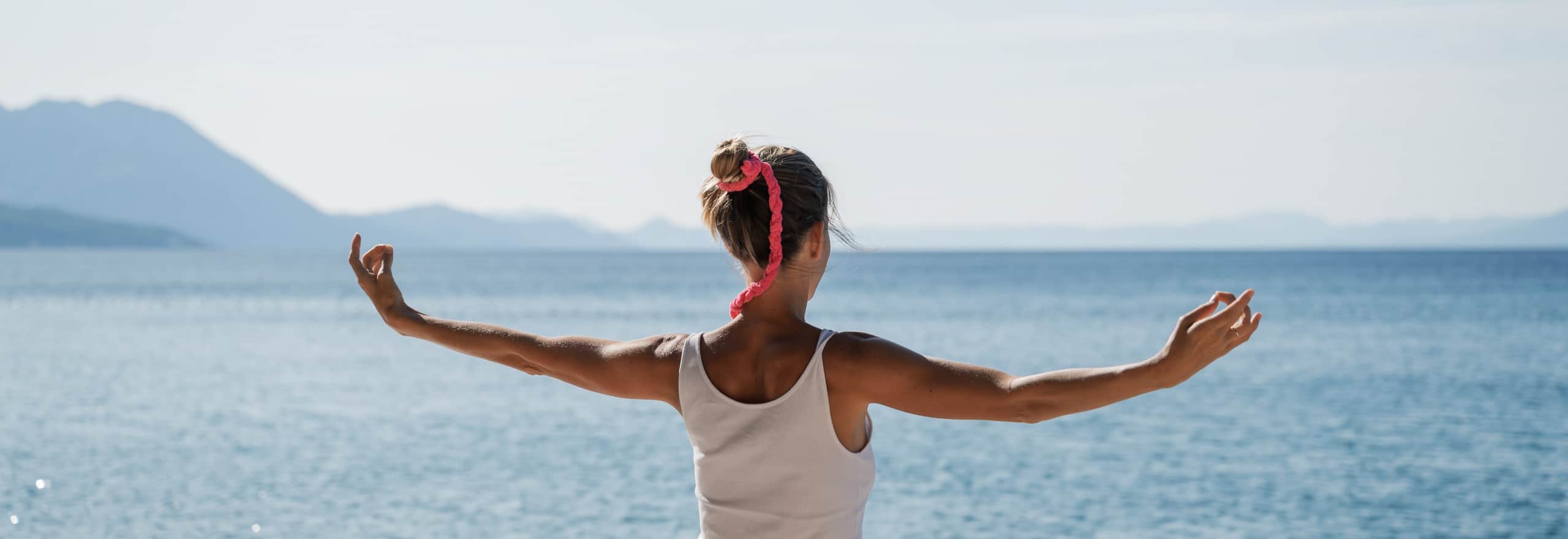
There are multiple benefits of consistent mindfulness meditation.
It can improve health and vitality, increase mental stability, balance out emotional health, help you process trauma, and can balance your work/life relationships (Harvard.edu, 2018).
Some known benefits of performing mindfulness meditation regularly include:
- Mastery of chronic pain, as was shown in the Kabat-Zinn program of 1979.
- Control of your breathing – which sounds small but can be lifesaving to those with anxiety problems.
- According to Research studies, emotional regulation is a primary benefit of mindfulness.
- Decreased reactivity occurs when you use Mindfulness meditation continuously.
- Interpersonal benefits and better social interactions are reported by the same paper.
- Mindfulness – in any form – enhances your self-awareness. This leads to a happier personal life and a better self-image.
- Decreased risk of disease – those with higher cortisol levels are at higher risk of illness. Given the stress reduction benefits of mindfulness meditation, it therefore follows that the risk of disease is lessened in those who regularly meditate over mindfulness.
Disclaimer: Our web pages and blog posts provide general information for general purposes only and not to be used for any medical, legal or alternative health advice for any type of physical, mental health or financial concerns.Always speak to your practitioner before embarking on any new alternative treatments. If you have concerns about any medical matters, you should always consult your healthcare provider without delay.We thank you for taking full responsibility for your own health and wellbeing in life. ☺

